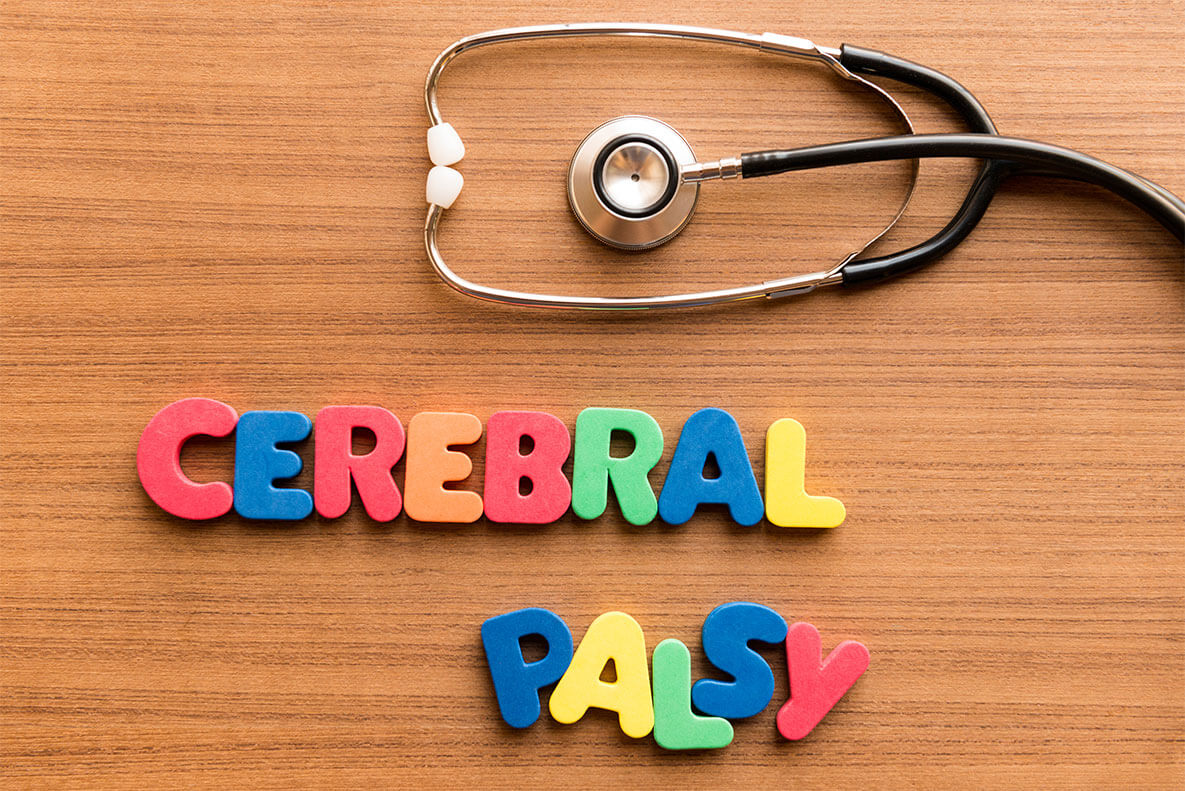When a child is diagnosed with cerebral palsy, it can be overwhelming for parents and caregivers. Cerebral palsy is a lifelong condition that affects movement and coordination and can range from mild to severe. Here are four things to consider if your child has cerebral palsy:
- Early Intervention Services: Early intervention services can help your child reach their full potential by providing therapies and services to address their unique needs. These services can include physical therapy, speech therapy, and occupational therapy.
- Assistive Technology: Assistive technology can be a valuable tool for children with cerebral palsy, helping them to communicate, access the internet, and participate in activities of daily living. Examples of assistive technology include communication devices, computer software, and adaptive equipment.
- Education: Children with cerebral palsy have the right to a free and appropriate public education, as outlined in the Individuals with Disabilities Education Act (IDEA). It is essential to work with your child’s school to develop an Individualized Education Program (IEP) that addresses their unique needs and goals.
- Emotional Support: Caring for a child with cerebral palsy can be emotionally challenging. It is important to seek emotional support for yourself and your child. Support groups, counseling services, and respite care can all be helpful resources.
In conclusion, a diagnosis of cerebral palsy can be difficult, but there are many resources available to help you and your child navigate this journey. Early intervention services, assistive technology, education, and emotional support can all play important roles in ensuring your child reaches their full potential.

